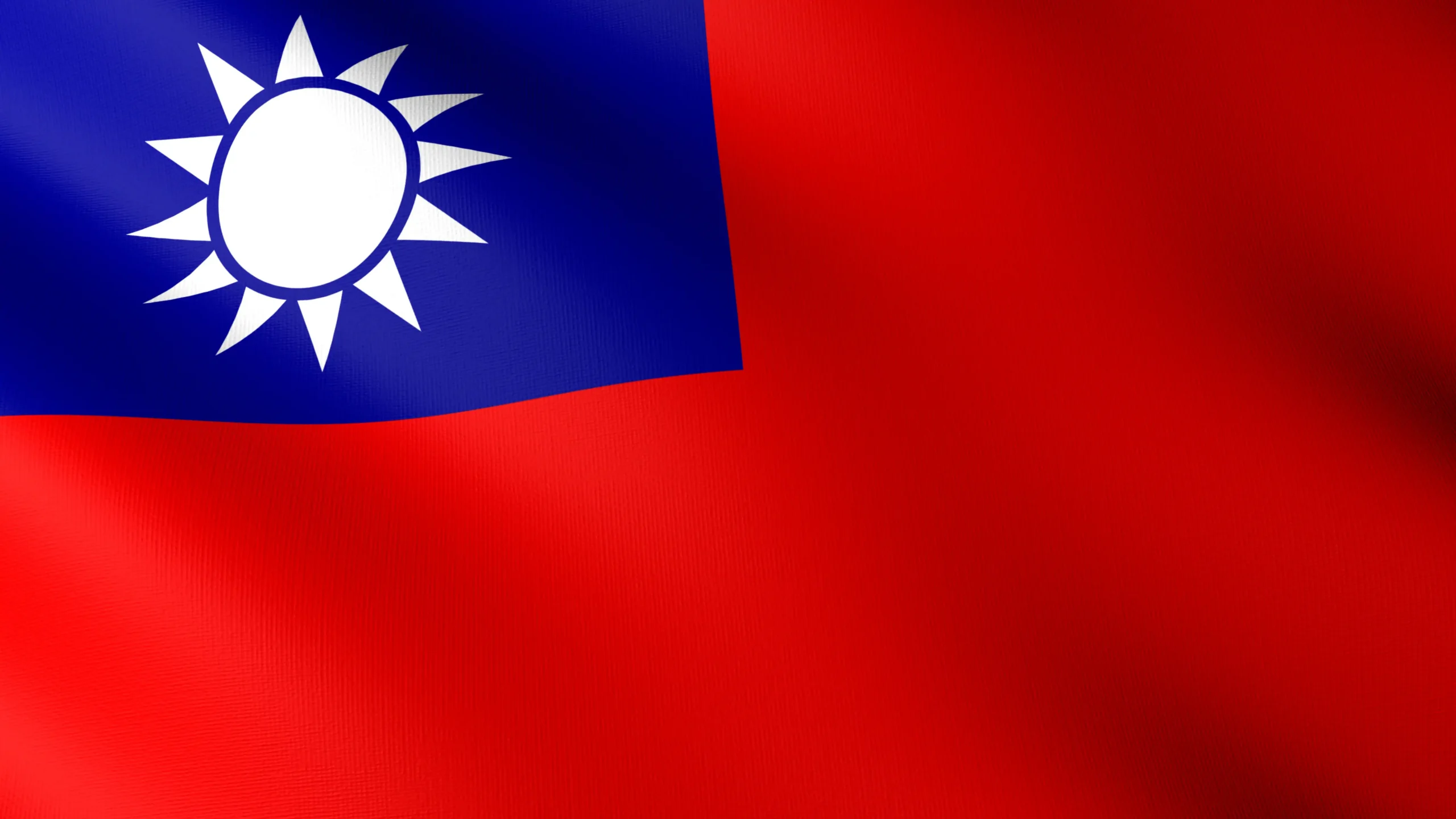Just a few months ago, Canada’s Conservative Party was on track for a historic victory. Polls gave Conservative Leader Pierre Poilievre a commanding 25-point lead over Justin Trudeau’s deeply unpopular Liberals. After nearly a decade of Liberal rule which has been marked by rising inflation, a housing crisis, and voter fatigue, the 2025 Federal Election was shaping up to be a reckoning for the Liberals. Then Donald Trump happened.
Trump’s return to the White House brought a renewed unpredictability to U.S. foreign policy. In quick succession, he slapped tariffs on Canadian goods and floated the provocative idea of making Canada the 51st state, an idea he has consistently repeated. While many dismissed his comments as bluster, for Canadian voters they struck a nerve. These were not just insults—they were perceived threats to the country’s sovereignty, economy, and identity. As Trump escalated tensions, the focus of the election shifted almost overnight from domestic frustrations to national survival and unified Canadians against a common enemy.
The Rise of Mark Carney
In that moment of crisis, Mark Carney stepped forward. The newly appointed Liberal leader—an economic heavyweight serving as both the Governor of the Bank of Canada and most recently Governor of the Bank of England but no prior political experience—reframed the campaign as a battle for Canada’s future on the global stage. Drawing on his background as a former central banker and global financial figure, Carney promised not only to stabilize the economy, but also to stand firm against Trump’s aggressive tactics. His message resonated with Canadians who were less interested in punishing the Liberals for past missteps and more concerned with who could competently defend the country’s interests in an increasingly turbulent and unpredictable region and international climate.
The Fall of Pierre Poilievre
Meanwhile, the Conservatives stuck to a script that had gone stale almost overnight. Poilievre’s campaign remained focused on familiar grievances—Trudeau’s record, the carbon tax, and government overreach. But with Trudeau no longer in the race following his resignation as both Prime Minister and Party Leader, and Carney ending the carbon tax on his first day, the Conservatives were suddenly without their most potent points of attack, which they had spent years and millions attacking the Liberals on. Worse, Poilievre was slow and hesitant in responding to Trump’s provocations, probably because before Trump’s attacks on Canadian sovereignty Poilievre had marketed himself as the Canadian Trump. His decision to avoid directly confronting Trump left him looking unprepared in a moment that demanded leadership.
The political consequences were swift. Voters who might have leaned toward the New Democratic Party or the Bloc Québécois or stayed home altogether rallied behind Carney, viewing him and his party as more serious about safeguarding Canada’s independence.
Despite the Liberal campaign surging and overcoming its near impossible deficit, the Conservatives still increased their overall vote share and gained seats compared to previous elections, but still fell short where it mattered most. Perhaps the most symbolic blow came in Carleton, Poilievre’s longtime riding, where he lost his seat to a Liberal newcomer. It was a stunning upset that underscored the scale of the shift and left the Conservative leader without a foothold in Parliament. For a party that had once been poised for a landslide, it has been a humbling and unexpected defeat.
The “Trump Effect”
What happened in Canada could illustrate a key vulnerability for conservative parties in other democracies: when President Trump engages in hostile or destabilizing behaviour, it can backfire on ideologically aligned leaders abroad. Instead of benefiting from shared values, they may be punished by voters who associate them with instability or weakness in the face of foreign pressure or more aptly the “Trump Effect”.
Without Trump’s intervention, the Liberals might well have faced defeat—even with Carney at the helm. But the election became a referendum not on the past 10 years of domestic governance, but on who could best navigate the next four years of an unpredictable and aggressive American presidency.
Looking ahead, conservative parties around the world should take note. Being seen as too close to or too soft on a Trump may energize core supporters—but it also risks alienating the broader electorate. In an age where domestic politics can be upended by international personalities, distancing from controversial allies might be not just strategic, but essential for survival, with elections in Australia poised to start on May 3 it will be interesting to see if the “Trump Effect” costs the Liberal/National Coalition a potential victory.
Al Habtoor Research Centre’s Commentary articles allow researchers to provide quick, informed responses to ongoing topics, emphasizing personal perspectives and expert opinions without the weight of exhaustive citations. This ensures agility in addressing rapidly evolving subjects and enriches the discourse with authentic insights.










Comments